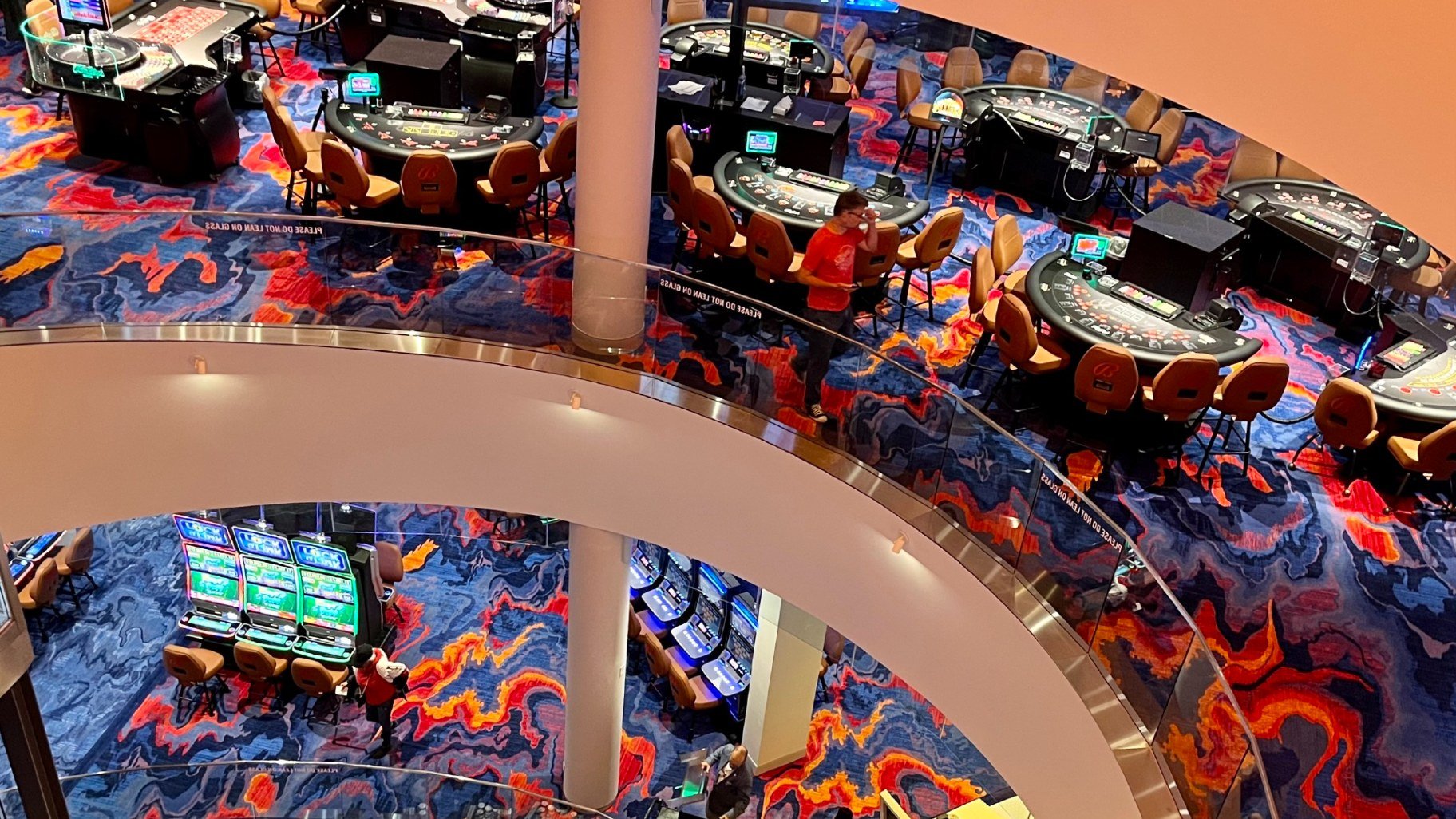
Casino games have long been a engaging entertainment option, drawing numerous of players from diverse cultures around the globe. From the opulent casinos of Vegas to the busy gambling halls of Macau, these games serve as a common thread that brings together people across various backgrounds. The allure of fortune, skill, and risk entices not only those hoping to win money but also those in search of a shared experience.
The cultural impact of casino games extends well beyond the gaming floor. They often embody the values and principles of the cultures in which they thrive. Games such as seven-card stud, 21, and the spinning wheel have woven themselves into the mosaic of mainstream culture, influencing everything from movies to style. As we explore this fascinating intersection of chance and society, we can better understand how these games shape and are influenced by the world around us.
Chronological Progression of Gambling Games
The beginnings of gaming activities can be followed back to old civilizations, where betting in different forms was widely engaged in. In the East, around two thousand three hundred years before Christ, a form of luck game known as Keno was common, while in old the Roman Empire, soldiers would frequently gamble on the consequences of their contests. The concept of using luck for fun and gain evolved over the centuries, leading to the formation of more organized activities. By the end of the Middle Ages, gambling houses initiated to appear in European nations, notably in the Italian peninsula, which introduced early forms of famous activities still practiced today.
As gambling gained recognition in Europe, the 17th and 18th centuries saw the emergence of gaming houses as specialized establishments for gambling. The earliest official gambling house, the Ridotto, was established in the Venetian city in sixteen thirty-eight, providing activities like the game of Baccarat and Faro games. This era marked a crucial shifting point, as casinos began to draw not just the wealthy but also the burgeoning middle class. The sophistication of activities increased, leading to the development of new rules and variations that enhanced the experience of players.
In the 19th century, the era of industrialization and changes in societal standards also transformed the landscape of gambling activities. The launch of the game of roulette and new one-armed bandits attracted a broader clientele, and gambling establishments became seen as acceptable entertainment. This era witnessed the globalization of gambling, as casinos expanded from the continent to the Americas, culminating in the creation of the legendary Las Vegas Strip in the twentieth century. The development of gambling games has continued into the modern era, incorporating new technologies and online platforms, allowing them accessible to a global audience.
# Cultural Relevance in Various Communities
Casino games have profound social significance within numerous communities across the globe. In Las Vegas, the very essence of the city is woven around gambling establishments, where playing is not just a hobby but a key aspect of entertainment and community interaction. The bright lights and dynamic atmosphere attract countless individuals, showcasing how casino games can influence local financial landscapes and cultural identities. This setting transforms the notion of recreation into an immersive encounter that affects fashion, sound, and even film. best non UK casino
Conversely, some cultures view betting with more caution, considering it through the lens of morality and heritage. A case in point, in many Oriental societies, games like Mahjongg and Pai Gow Gambling are full of history and have significant social implications. These games are often played during get-togethers and celebrations, fostering community bonds and strengthening familial ties. The act of playing these games goes beyond mere entertainment, reflecting values such as deference to seniors and the importance of shared enjoyment.
At the same time, in European countries such as the principality of Monaco and Italy, games of chance serve as symbols of opulence and refinement. The elegant atmosphere of these venues attracts both travelers and native inhabitants, upholding a sense of prestige and exclusivity. The art of poker and the strategic features of games like the game of baccarat are appreciated, molding interpersonal interactions and cultivating an allure that enthralls a varied audience. This emphasizes how gambling can concurrently reflect and mold cultural attitudes towards danger, reward, and community interaction.
Economic Impact and Tourism
Casino games play a significant role in the financial context of many areas, particularly those that rely heavily on visitor traffic. The revenue produced from gambling establishments fuels local financial systems, creating employment opportunities not only within the casinos themselves but also in related sectors such as hotel management, restaurant services, and entertainment. This surge of tourists, drawn by the attraction of gambling and the overall gaming environment, stimulates expenditure across multiple local enterprises, contributing to the economic vitality of the area.
The presence of casinos often leads to the construction of facilities, including hotels, public transit, and leisure amenities. These improvements are essential in improving the overall tourist experience, making destinations more attractive to visitors. Additionally, many casinos contribute in local communities through sponsorship of activities and philanthropic activities, further embedding themselves into the community structure of the locality. Such investment not only supports economic growth but also cultivates a positive image of the gambling sector.
In addition, the worldwide appeal of casino games drives competitive tourism, with locations vying to attract gamblers from around the world. Iconic destinations like Las Vegas and Macau have become identifiable with casino culture, drawing millions annually. This competitive edge encourages creativity and diversification within the gaming industry, influencing trends in leisure and accommodation that resonate beyond their borders. The ripple effects of this visitor influx extend far, impacting local economies and cultural interactions on a worldwide scale.
